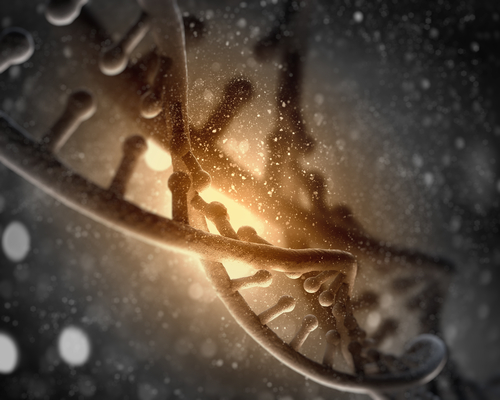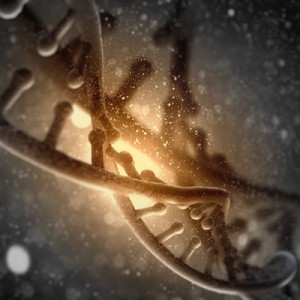NextCode Health Platform Will Be Used By Claritas Genomics And Might Improve Duchenne Muscular Dystrophy Diagnosis
Written by |

 Claritas Genomics announced that it will be using the NextCode Health’s integrated and clinical research platform to analyze sequencing-based clinical diagnostic tests. This partnership will allow Claritas to interpret its genome analysis faster and more efficiently so that tests and results can be delivered earlier, improving diagnosis of diseases such as duchenne muscular dystrophy.
Claritas Genomics announced that it will be using the NextCode Health’s integrated and clinical research platform to analyze sequencing-based clinical diagnostic tests. This partnership will allow Claritas to interpret its genome analysis faster and more efficiently so that tests and results can be delivered earlier, improving diagnosis of diseases such as duchenne muscular dystrophy.
Based in Cambridge, Mass., Claritas is a genetic diagnostic laboratory. It is affiliated with Boston Children’s Hospital and offers more than 100 genetic tests, most of them single-gene Sanger-based tests. “It also offers the NGS (Next Generation Sequencing)-based ClariFocus Exome for Pediatric Neurology as well as NGS panels for muscular dystrophy and nephrotic syndrome,” according to the press release.
NextCode provides solutions for analyzing healthcare- and research-related big data, such as the entire human genome. The platform can store huge amounts of information: “our platform has been used to successfully manage data from more than 350,000 whole genomes representing more than 40 million identified variants,” according to the company’s website.
[adrotate group=”3″]
“NextCode’s system supports identification of known mutations, enables us to rapidly home in on novel ones, and visualize them on screen, linking the sequencing information to our information on the child’s clinical condition,” said Patrice Milos, Claritas CEO.
Jeffrey Gulcher, president and chief scientific officer of NextCode, noted that through the NextCode’s platform, Claritas will allow physicians to deliver “diagnoses and expert interpretation using raw sequence data in real time,” as well as boost research and transform “new findings into benefits for patients in the clinic” for diseases such as DMD.
Thanks to the NextCode platform, more than 350 scientific publications were published due to its incredible power for analysis. About 40 million gene variations were annotated from more than 350,000 genomes, thanks to the 16 years and more than $1 billion dollars invested in the tool.





